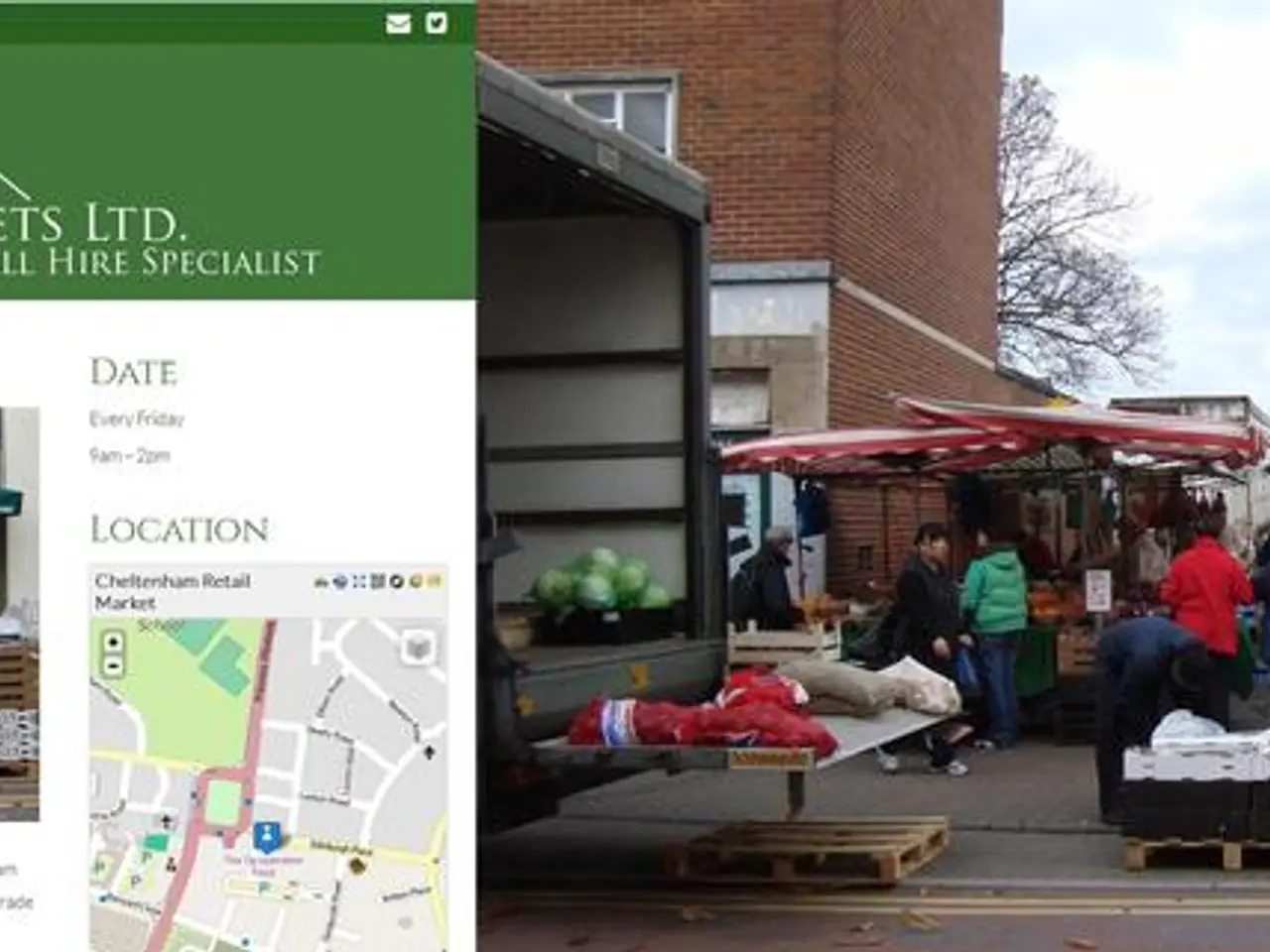Vietnam Aims to Establish Global Financial Hubs by Year 2025
The Vietnamese government has announced a comprehensive action plan to establish the International Financial Centre (IFC) in Ho Chi Minh City and Da Nang by the end of 2025. The initiative, led by Prime Minister Pham Minh Chinh, aims to create a modern, competitive financial ecosystem that will firmly establish Vietnam's dual international financial centres.
The IFC will focus on developing a cutting-edge financial ecosystem, incorporating commodity and carbon exchanges, fintech, digital banking, and sustainable finance. The government has outlined key components to achieve this goal, including the development of a specialized, consistent legal framework, essential infrastructure and services, and effective coordination and supervision mechanisms.
The legal framework, to be in place by the end of 2025, will provide breakthrough mechanisms such as liberalized foreign investment access, up to 30 years of 10% corporate income tax, personal income tax exemptions for foreign experts, long-term land use rights, and streamlined capital mobility. These measures are designed to attract international capital, technology, human resources, and advanced management models, while ensuring national financial security and governance.
Ho Chi Minh City will develop 793 hectares of infrastructure in Saì Gòn, Bến Thành, and Thủ Thiêm wards for the IFC. This will include the rollout of 5G and smart urban infrastructure. Priority will be given to the pilot implementation of a regulatory sandbox for fintech innovations, upgrading commodities markets, offering investment incentives to high-value financial services, and developing a talent pool for the IFC.
In Da Nang, infrastructure will be prepared in designated zones, enhancing digital infrastructure such as cloud servers, surveillance systems, smart control centres, digital asset, and blockchain-based NFT products.
The IFC will offer a range of products, including equities, bonds, derivatives, fund management, insurance, foreign exchange, and environmental finance products. Membership will be open to financial and non-financial institutions, investment funds, consulting firms, and digital asset entities.
The plan is being implemented under the National Assembly’s Resolution No. 222/2025/QH15, effective from September 1, 2025. Interim reviews are scheduled for 2030 and 2034, ahead of a potential dedicated law on the IFC.
Infrastructure and essential services, including transport, telecommunications, and logistics, will be developed to support IFC operations. Key infrastructure projects will be completed by the end of this year. The development of international-standard support services such as legal support, audit, and IT solutions is also outlined in the plan to be completed by the end of this year.
The IFC is expected to create a breakthrough in raising medium and long-term capital and building a foundation for Vietnam's socio-economic growth. With its unified legal, operational, and supervisory framework, the IFC is set to operate smoothly with key infrastructure projects being completed by the end of this year.
- To align with the International Financial Centre (IFC)'s objectives, the Vietnamese government explicitly intends to leverage advanced AI and technology to modernize financial services, such as digital banking, fintech, and smart urban infrastructure.
- The establishment of the IFC will foster collaboration with foreign entities, attracting international finance, technology, human resources, and advanced management models, by offering incentives like liberalized foreign investment access, reduced corporate tax, and long-term land use rights.
- In Da Nang, the government plans to develop digital asset infrastructure, including blockchain-based NFT products and cloud servers, to ensure the IFC's integration with global technology and finance trends, thereby promoting economic growth.




